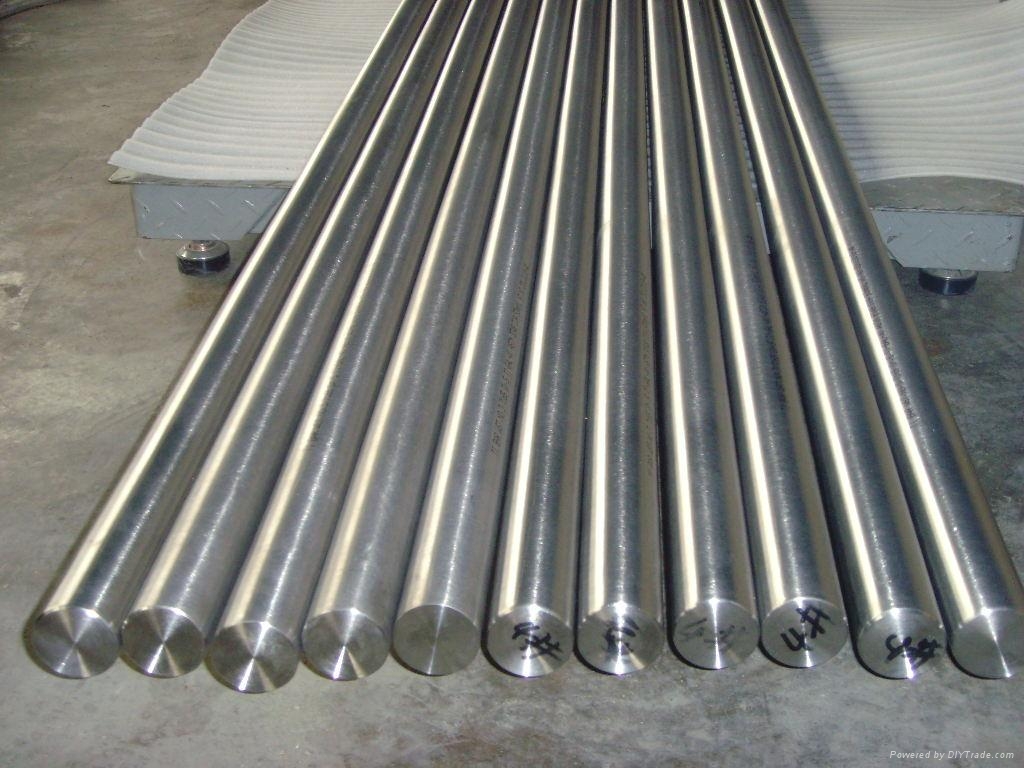Key Benefits of Titanium for Aerospace Industry
Titanium is a uniquely
versatile metal with great strength and light weight. These specialties make
titanium the best choice for use in the aerospace industry. By their very
nature, aerospace applications demand parts with extreme strength and light
weight. The lighter an object is, the easier it is to make it airborne; at the
same moment, passengers and cargo need protection from altitudes and high
speed, so strength is also an important factor. Titanium is a uniquely
qualified solution for the unique problems of aerospace industry applications.
Let's have a look at some of the benefits of titanium for aerospace industry.
Excellent weight-to-strength
ratio: The most important benefit of titanium is its really excellent
weight-to-strength ratio, which means it is of low weight and higher strength.
A material’s weight-to-strength ratio is simply determined by dividing its
strength by its density. As titanium has both high strength and low density,
its weight-to-strength ratio is extremely great which allows it to be used to
reduce the aircraft’s weight without sacrificing the structural integrity of
the aircraft.
Reduce fuel usage: Another
benefit of using titanium in aircraft manufacturing is that it can increase the
aircraft’s range by decreasing its fuel usage. A lighter aircraft needs less
fuel to fly so that it can spend longer time periods on continuous flights.
During the lifetime of an aircraft (anywhere from 20 to 50 years or more), the
reduction in fuel use results in a substantial reduction in overall operational
costs.
Resist corrosion: In
addition to its excellent weight-to-strength ratio, titanium has also the
ability to resist corrosion. Titanium forms a passive oxide coating when it
exposed to air or pure oxygen at high temperatures. This coating continues to
grow, often reaches a thickness of 25 nm (nanometers) up to 4 years after
treatment. This passivating layer protects the titanium from different types of
corrosion and oxidation.
Low thermal expansion rate:
Thermal expansion describes the tendency of a material to change its shape,
area, volume and density due to changes in temperature. The thermal expansion
of a metal can make it extremely weak, create cracks, cause distortion, or
cause it to break or fail overall. Titanium naturally has a low thermal
expansion rate, making it the best and ideal metal for use in aircraft. It can
handle high temperature easily at different altitudes and in different
climates.
Final words: Titanium is an metal which give you the integrity to manufacture aircrafts without worrying about its weight and fuel usage. Therefore, you could go for it without any doubt. Want to purchase top quality titanium products? FlightMetals, the specialty metal supplier can offer you different type of titanium products like AMS 4904, AMS 4965, AMS 4919, AMS 6930, AMS 4911, Titanium 6242 and AMS 6931.



